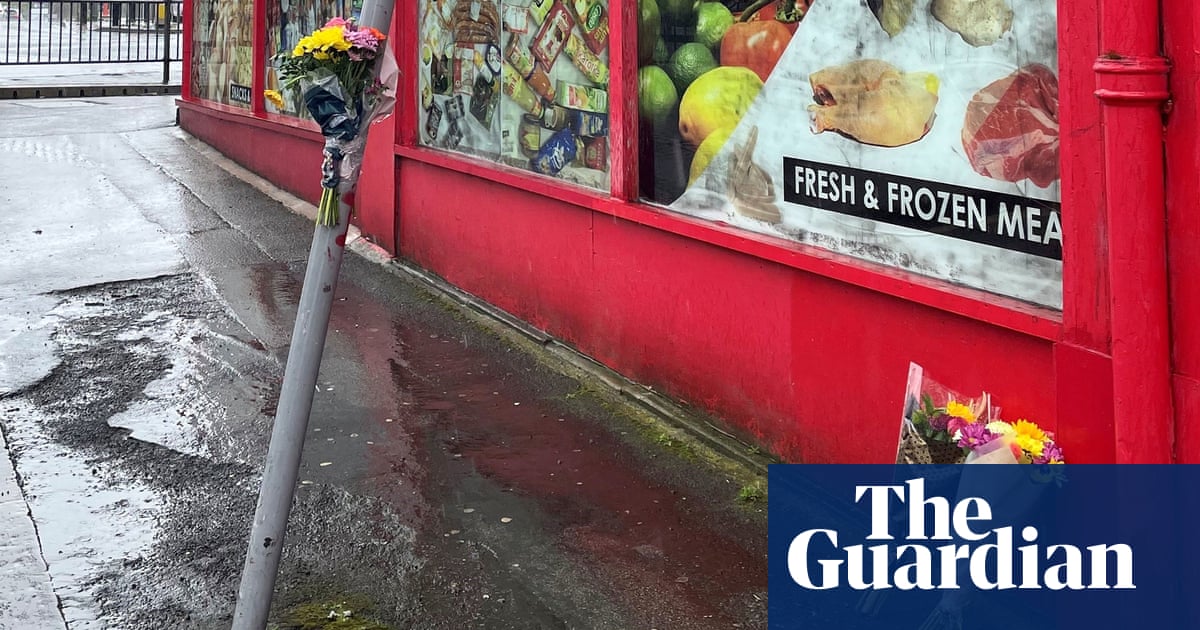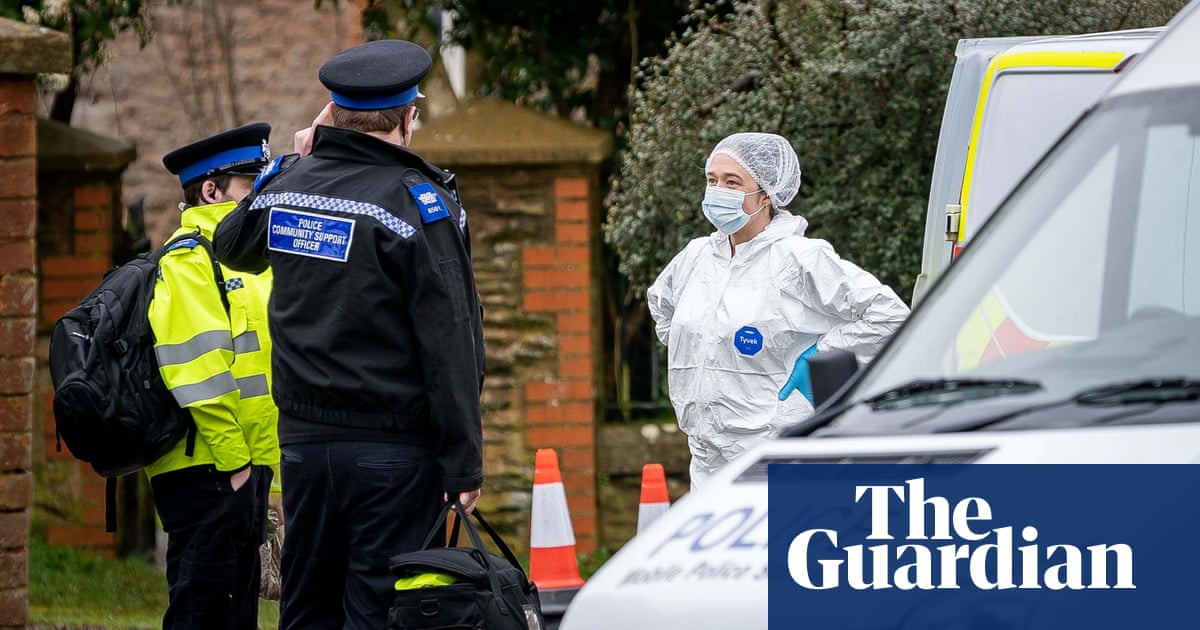
The police watchdog is investigating a second death following contact with police in Wales as protesters gathered in Newport to demand answers.
Moyied Bashir, 29, died on Wednesday after officers were called to his home in the city.
They attended the property on Maesglas Crescent at about 9am over concerns for Bashir’s welfare after an emergency call was made from the address, Gwent police said.
The force said he was suffering a medical episode. He was taken to Grange University hospital where he was pronounced dead at about 11.40am.
Gwent police has referred itself to the Independent Office for Police Conduct (IOPC) in line with standard procedures.
The watchdog said in a statement: “After being notified by Gwent police at around midday on Wednesday we sent investigators to the property and to the post-incident procedures where the officers involved have provided their initial accounts of their interaction with Mr Bashir.”
The IOPC said it was aware that Bashir, who was not arrested, was initially handcuffed and put in leg restraints at the property while awaiting an ambulance.
“During their interaction with Mr Bashir his condition was noted to deteriorate. Paramedics arrived and gave medical treatment at the address prior to moving him to a waiting ambulance,” the statement said.
By the time the ambulance arrived a number of police vehicles and nine officers had responded to the incident.
The coroner was informed and a postmortem was carried out on Thursday.
More than 100 protesters gathered outside Newport’s central police station on Thursday shouting “we want answers” and “we want justice”. Black Lives Matter Gwent released a statement calling on the police and the IOPC “to put their money where their mouth is and deal with this deeply distressing death in a swift, transparent and empathetic manner”.
Moyied’s brother, Mohamed Bashir, told the BBC he had been stabbed three weeks ago and was recovering from the injury, and that he had struggled with his mental health. He said his parents had decided to take him back to hospital and ended up calling the police because they were unable to get him out of his room.
“They believed their best option was to call the police and help them escort him to hospital,” Bashir said. Instead, he said, officers arrived and forced their way into his room. He said police handcuffed him and “tied him up by his leg”.
“His stab wound is on his main artery, so while he is tied up, handcuffed, he started getting weaker,” he said. He later died in hospital.
Bashir’s death comes a month after the death of Mohamud Mohammed Hassan, 24, hours after he left custody in Cardiff.
It emerged earlier this month that an investigator had told Hassan’s family that he had come into contact with more than 50 police officers during the final hours of his life. An officer has been served with a misconduct notice as part of an investigation into his sudden death shortly after he had been released from custody.
Catrin Evans, the IOPC director for Wales, said: “I offer my condolences to Mr Bashir’s family and friends, and to everyone affected by his tragic death. We have spoken to family members to explain our role and how the investigation will progress.
“It is appropriate in the circumstances of a death following police contact that we investigate what happened, and I would like to reassure people that we will do so thoroughly and independently. We will be carefully examining the interaction police officers had with Mr Bashir and whether their actions were proportionate and reasonable in the circumstances.”
Deborah Coles, the director of the human rights charity Inquest, said: “That two men of colour in Wales have died following police use of force, just six weeks apart, is deeply concerning, not least after the level of scrutiny racism and restraint in policing has received in the past year. Inquest’s work has revealed a systemic pattern of deaths raising concerns about structural racism, state violence, neglect and impunity.
“Yet again we see a man in mental health crisis, in need of care and protection, restrained and bound. Moyied Bashir’s death reflects the double discrimination faced by people in mental health crisis. We stand with both families in demanding truth, justice and accountability.
Accountability means ensuring systemic change after deaths, enactment of recommendations from previous deaths and reviews and stopping law enforcement being used as a response to health and social problems.”












